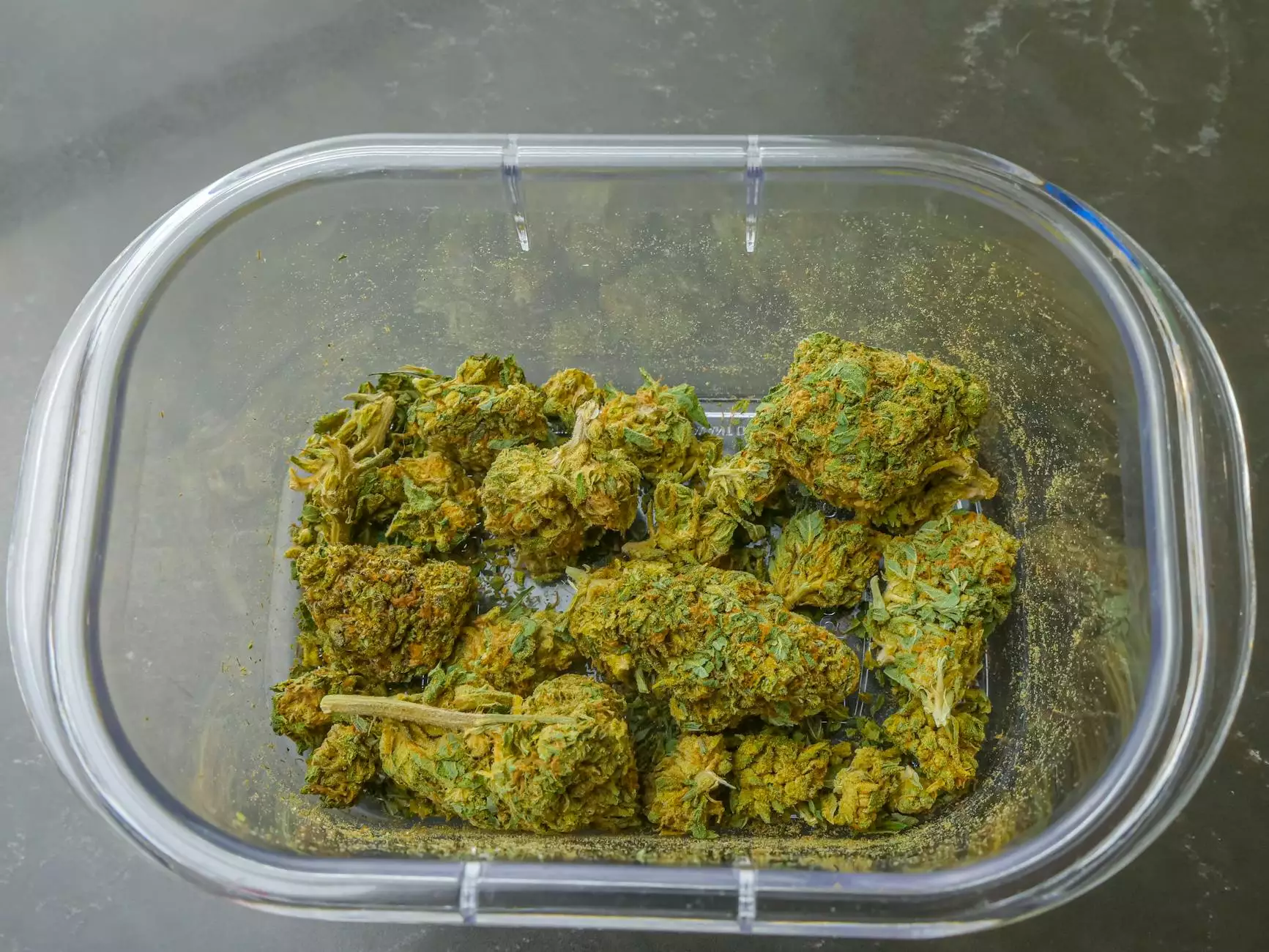Crude Palm Oil for Sale: A Comprehensive Insight Into Its Market Dynamics

Crude palm oil (CPO) is one of the most significant commodities in the global market today. With its wide array of applications, ranging from food products to industrial uses, the demand for this oil has skyrocketed. In this article, we will explore the reasons behind the booming trade of crude palm oil for sale, the factors driving its market dynamics, and how it integrates with other important commodities such as cocoa products and coffee beans.
The Rising Demand for Crude Palm Oil
The surge in the global demand for crude palm oil can be attributed to several key factors:
- Versatility: CPO is used in food production, cosmetics, and biofuels.
- Cost-effectiveness: Compared to other edible oils, crude palm oil has a lower production cost, making it a preferred choice for manufacturers.
- Sustainability Initiatives: Efforts to develop sustainable palm oil production are gaining traction, further enhancing its marketability.
Applications of Crude Palm Oil
Crude palm oil's usage spans multiple sectors:
1. Food Industry
In the food sector, crude palm oil is a crucial ingredient in many processed foods, providing flavor and texture. It is commonly used in:
- Fried foods
- Baked goods
- Margarine and spreads
2. Cosmetics
The cosmetic industry utilizes crude palm oil for its moisturizing properties, which are essential in:
- Soaps
- Creams
- Lotions
3. Biofuels
As the world shifts towards renewable energy sources, crude palm oil is increasingly used in the production of biodiesel, making it an integral part of sustainability efforts.
Global Market Overview of Palm Oil
The global palm oil market is primarily dominated by a few countries:
- Indonesia: The largest producer of palm oil, accounting for more than 50% of global supply.
- Malaysia: The second-largest producer, known for its sustainable practices.
- Thailand and Colombia: Emerging players in the palm oil production landscape.
Trade Dynamics of Crude Palm Oil
The trade of crude palm oil is influenced by various factors:
- Regulatory Policies: Countries impose tariffs and regulations to manage palm oil imports and exports.
- Trade Agreements: FTAs can enhance exports from palm oil-producing countries.
- Market Trends: Consumer preferences shifting toward sustainable and ethical sourcing can impact demand.
Sustainability and Ethical Considerations
The palm oil industry has faced scrutiny over environmental concerns and the impact of deforestation. However, initiatives are in place to promote sustainable practices:
- Roundtable on Sustainable Palm Oil (RSPO): A certification that encourages the production of sustainable palm oil.
- Traceability Initiatives: Efforts to trace the supply chain of palm oil to ensure ethical sourcing.
- Engagement with Local Communities: Supporting local farmers and communities in sustainable practices.
Integration with Cocoa Products and Coffee Beans
Crude palm oil for sale intersects with other agricultural products like cocoa and coffee, which are vital to the economy of many countries. Here's how:
Cocoa Products
Cocoa is a major commodity, especially in regions where palm oil is also produced:
- Complementary Exports: Countries may export both palm oil and cocoa products, enhancing their market standing.
- Collaborative Sustainability Practices: Both industries are adopting similar sustainability measures to maintain market viability.
Coffee Beans
The coffee production industry also benefits from the same geographic regions that cultivate palm oil:
- Shared Agricultural Practices: The methods of cultivation and harvesting can be synergized.
- Market Growth: The joint marketing of these products can attract diverse customer bases.
Conclusion: The Future of Crude Palm Oil
The market for crude palm oil for sale is poised for continuous growth. As the demand for sustainable products increases, businesses involved in palm oil production must adapt to meet changing marketplace expectations. By understanding the complexities of the trade, consumer preferences, and the importance of ethical sourcing, stakeholders can position themselves effectively in this lucrative industry. The future of crude palm oil is not just about increasing quantity; it’s about ensuring that this vital commodity is produced responsibly and sustainably, benefiting producers, consumers, and the environment alike.
Explore our range of cocoa products, cocoa beans, cocoa powder, and coffee beans at socoproca.com and discover how we can support your business with high-quality products and sustainable practices.









